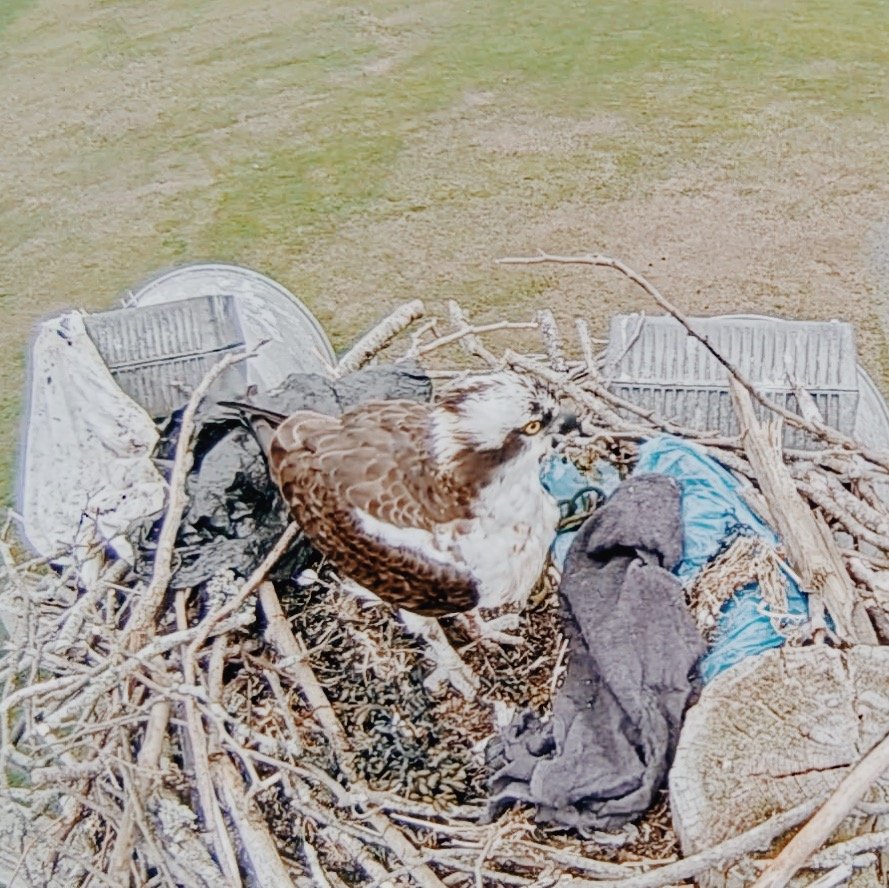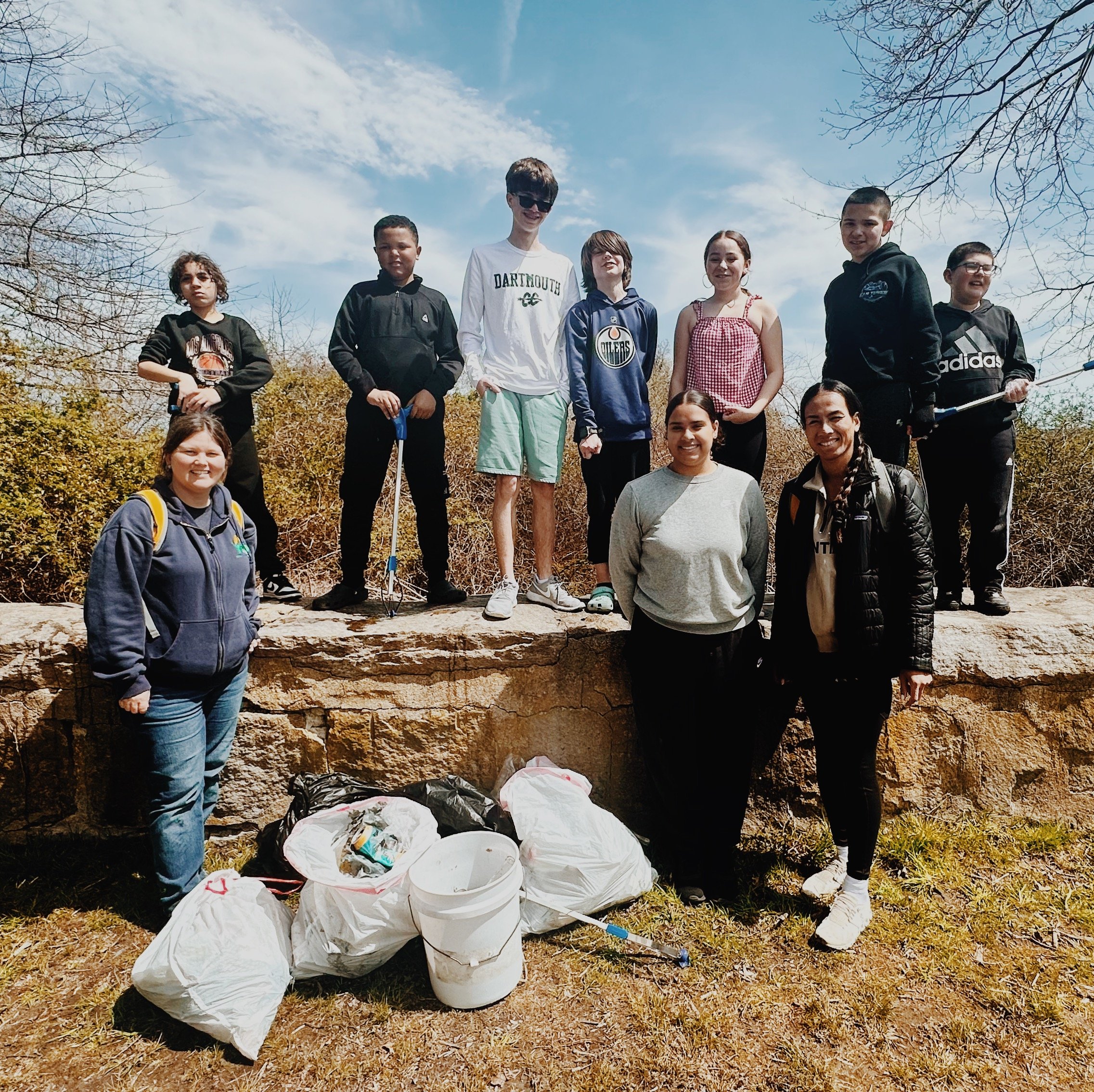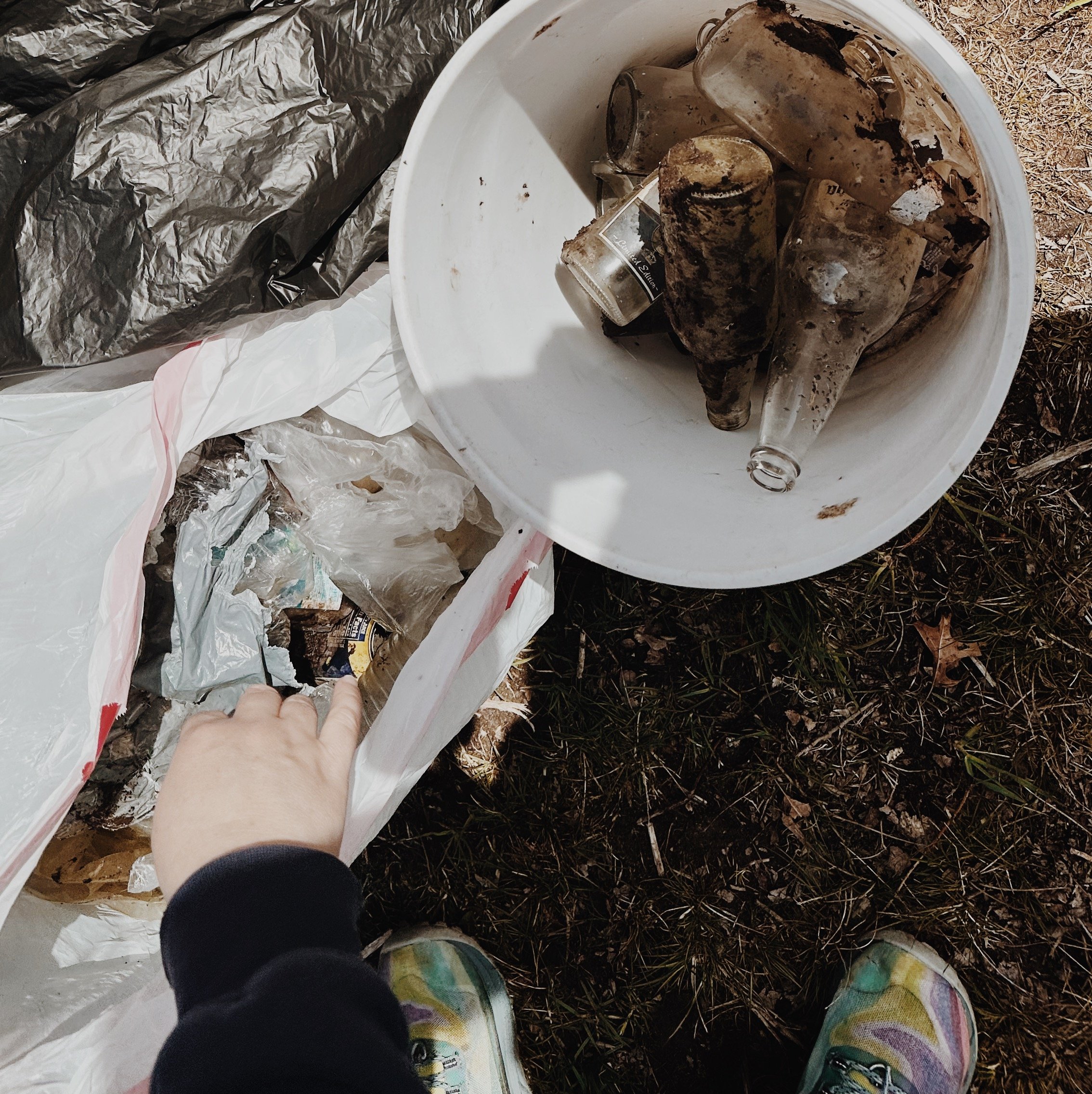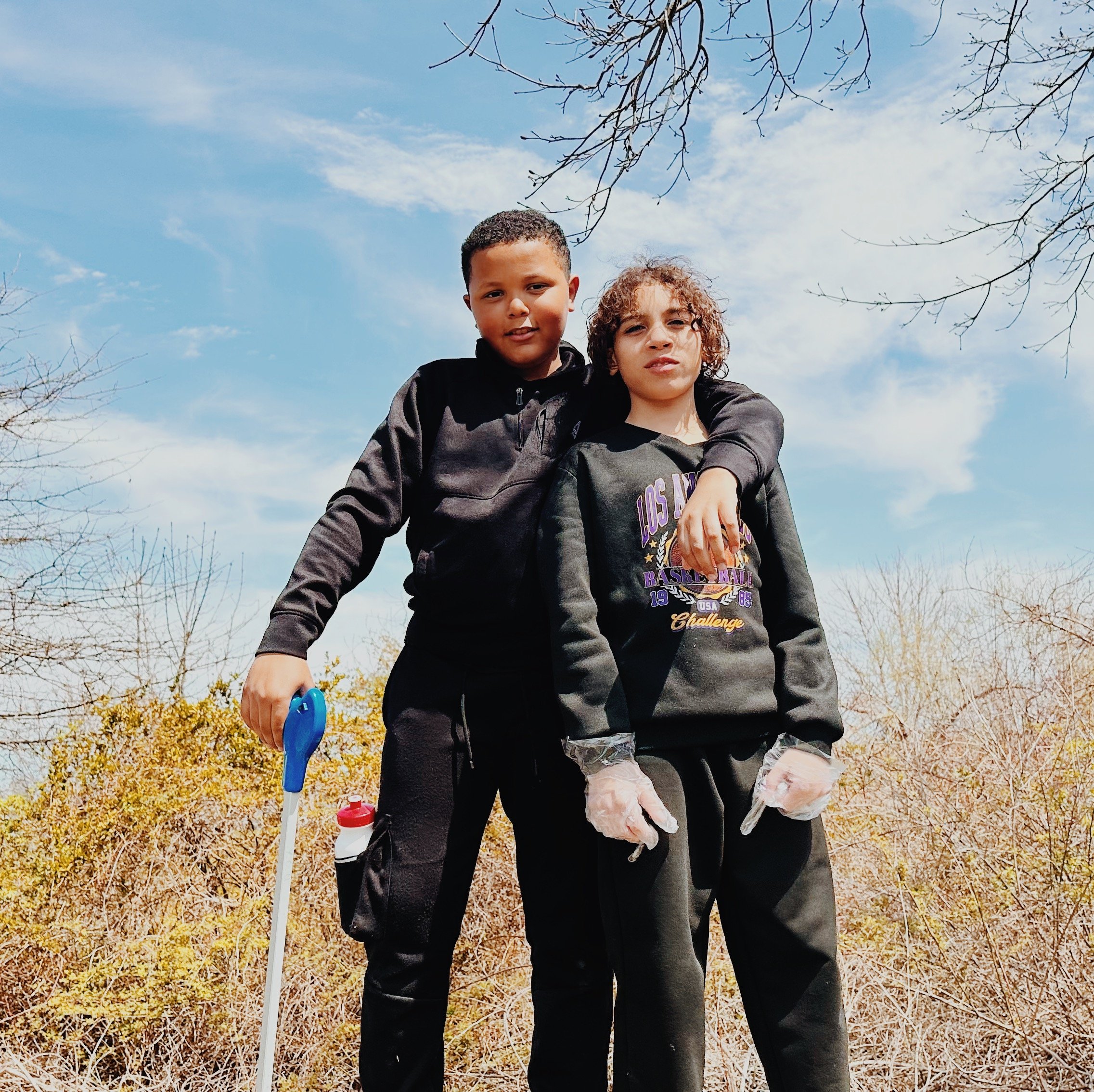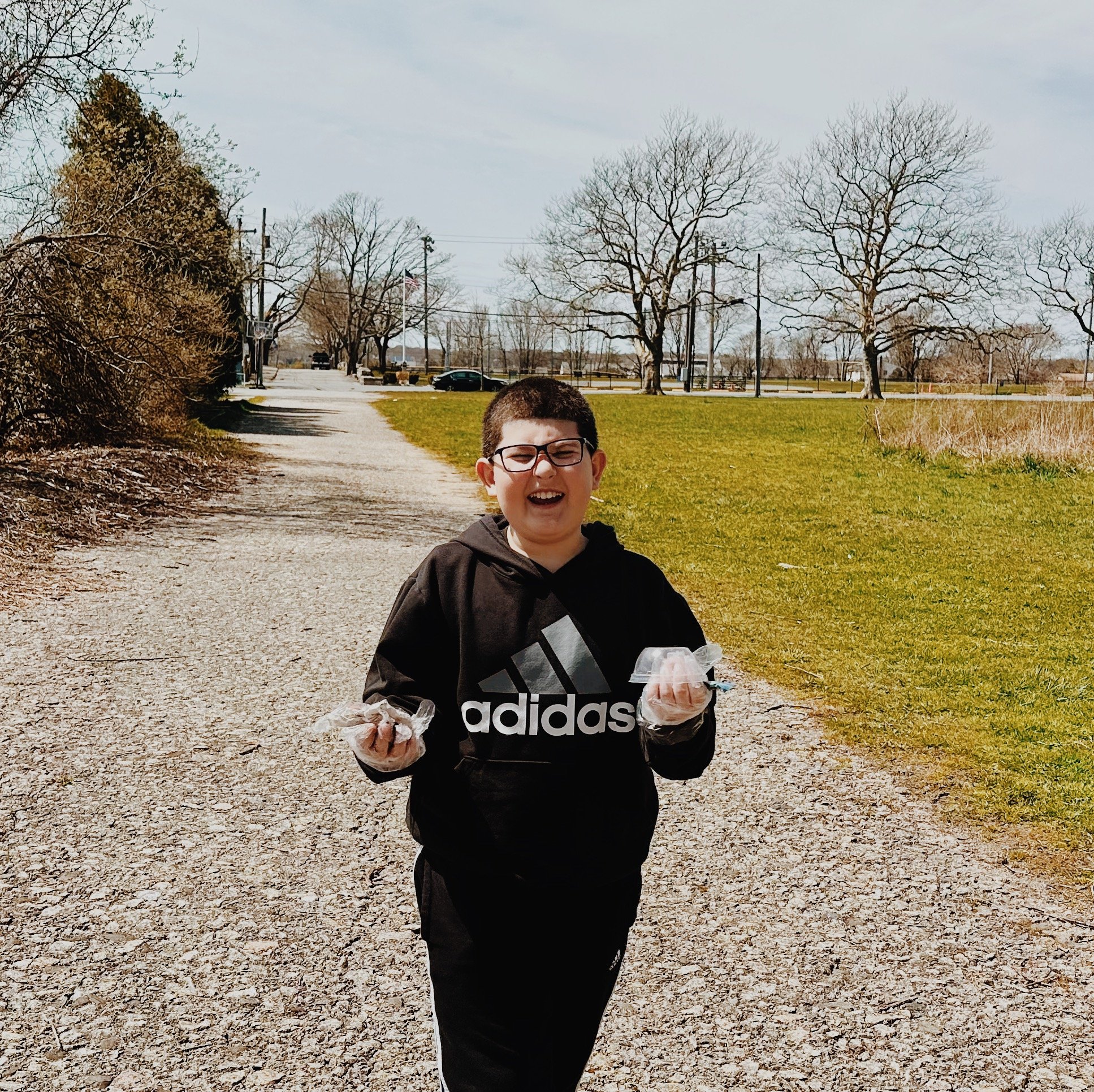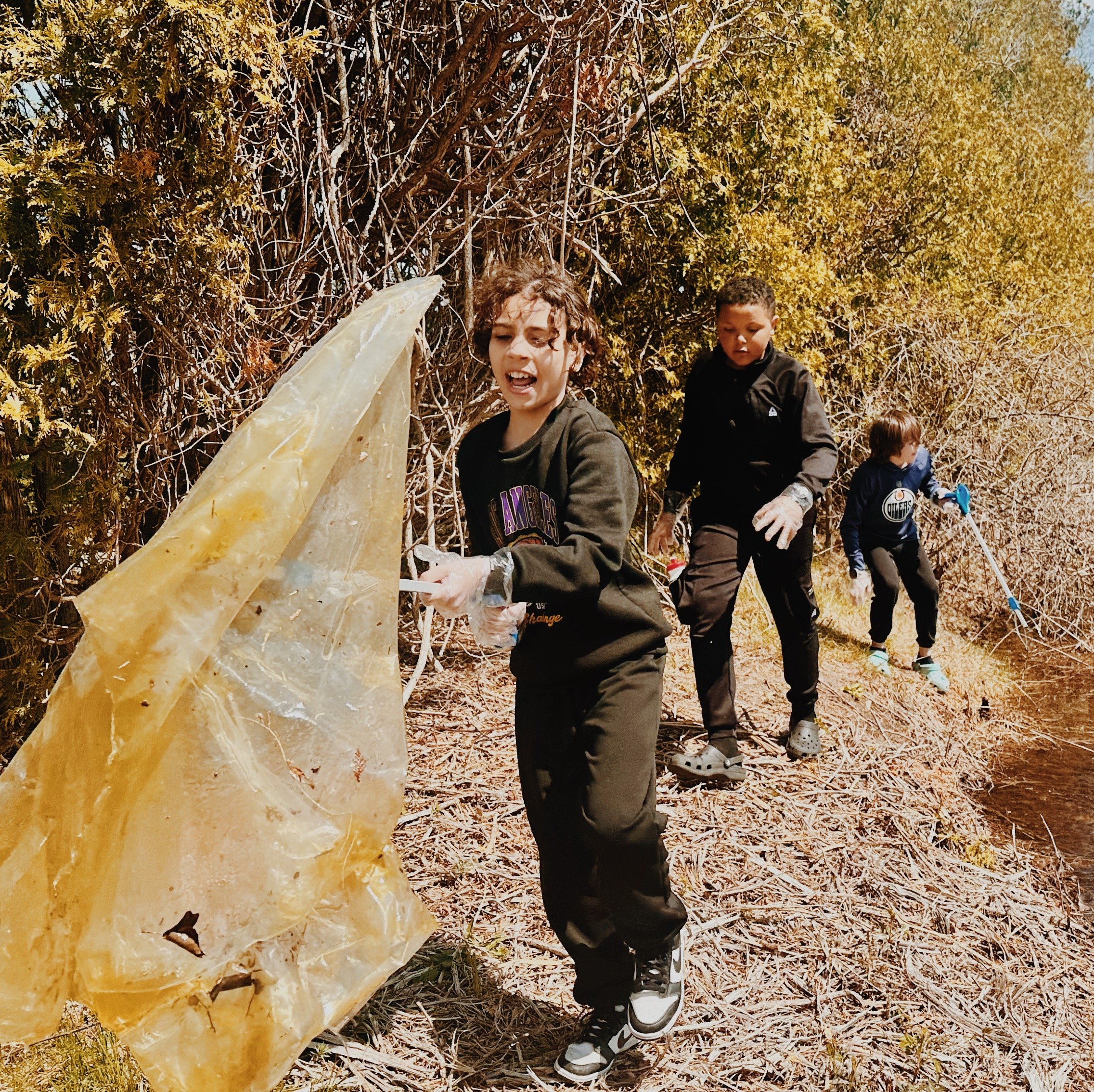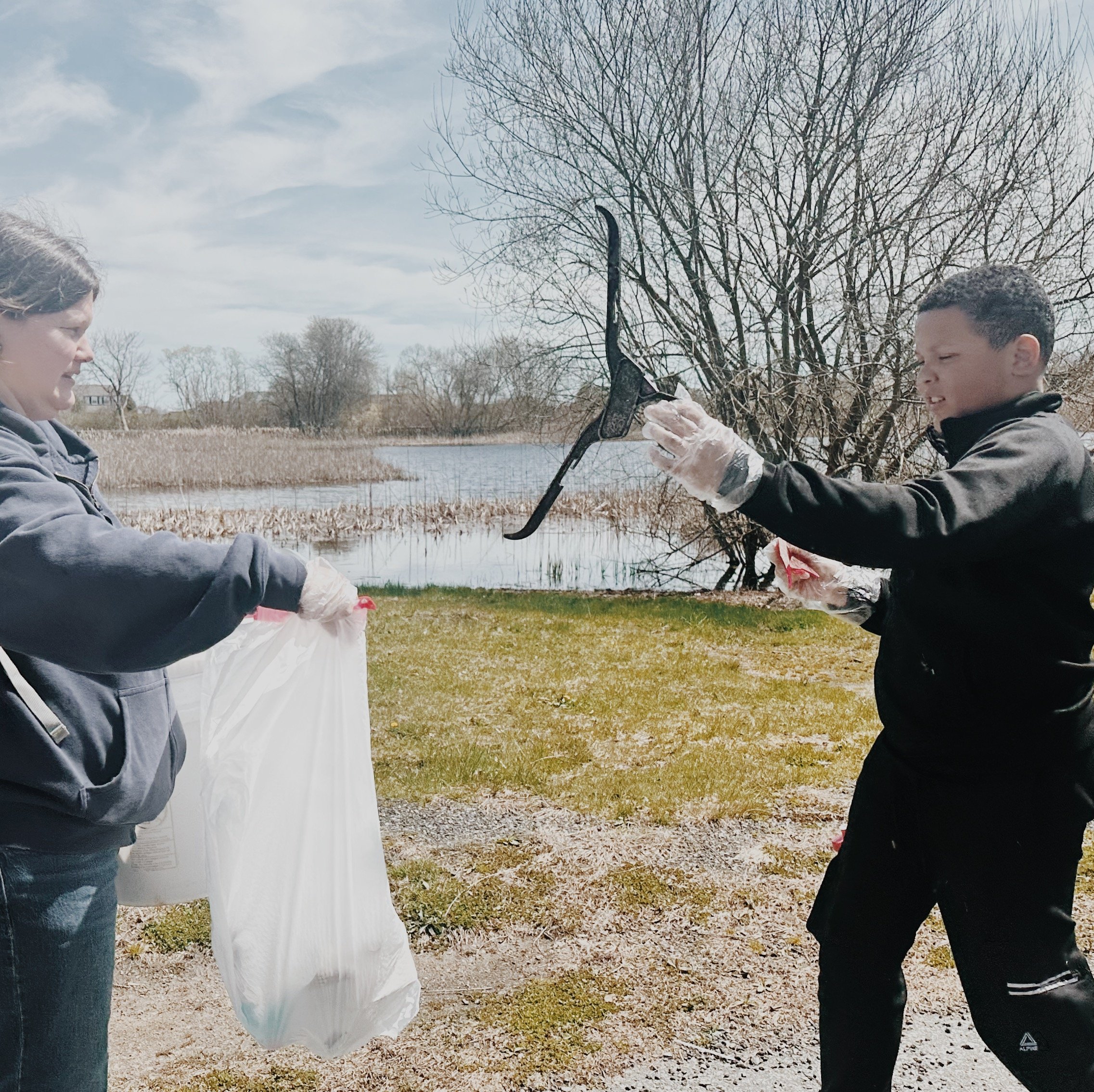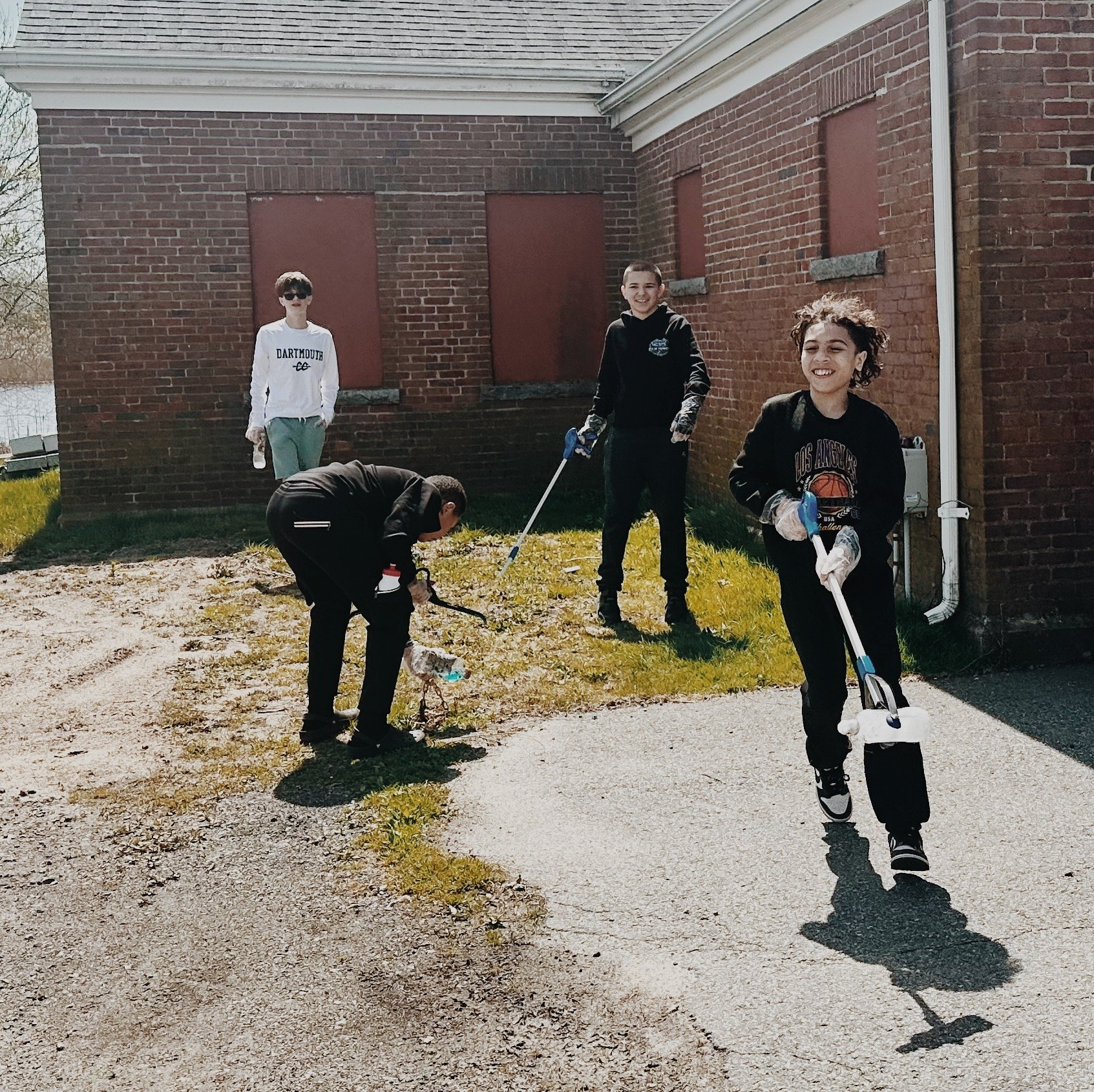As nature enthusiasts and caretakers of our environment, it's essential to recognize the impact of our actions on wildlife. Recently, concerns have been brought to our attention regarding the presence of plastic and other litter in the nests of osprey, which is a good reminder of the consequences of human activity on our natural world.
Osprey, like many other animals, construct their nests from materials found in their surroundings. However, human interference has altered the landscape, introducing harmful items that birds unintentionally incorporate into their nests. From discarded plastic bags to pieces of clotheslines and bicycle wheels, these materials pose a threat to the safety and well-being of osprey and their chicks.
The rapid increase of plastics and waste not only disrupts the beauty of these majestic birds' nests but also presents tangible risks. Fishing lines and balloon ribbons, in particular, can entangle and harm osprey and their offspring. It's imperative to understand that osprey and their nests are protected by laws such as the Migratory Bird Treaty Act, which prohibits intrusion once eggs are laid.
While the instinct to clean up the nests may be strong, it's crucial to consider the potential stress and disruption to the birds, especially during critical periods like egg-laying and chick-rearing. Instead, efforts should focus on prevention and education. Encouraging responsible behavior such as reducing single-use plastics, participating in beach or community clean-ups, and refraining from littering or releasing balloons can make a significant difference.
To further support these initiatives, local events like the "Be the Solution to Pollution" clean-up organized by the New Bedford Public Library and the Palmers Island Clean-up provide opportunities for community involvement. By joining these efforts and spreading awareness, we can foster a culture of stewardship for our natural habitats.
Let's unite in our commitment to safeguarding osprey and wildlife. Through collective action and advocacy, we can mitigate the impact of human activity and ensure a thriving environment for generations to come. Thank you for your dedication to the welfare of these magnificent birds and for being champions of conservation in our community.
How You Can Help:
Participate in local beach clean-ups like the "Be the Solution to Pollution" event on June 8th, 2024 hosted by the New Bedford Public Library.
Follow Be the Solution to Pollution on Facebook for updates and upcoming events.
Blog post contributions include insight from Mass Audubon.

